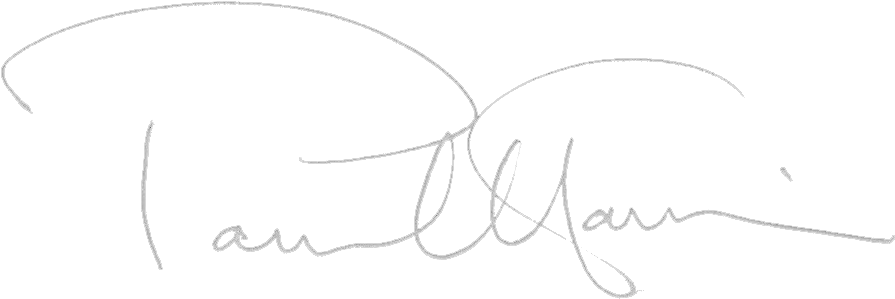In the Summer of 2000 I had the great pleasure of meeting James Gillespie, editor of The Clarinet Journal, during the International Clarinet Association (ICA) convention in Oklahoma. James asked me if I would like to contribute a regular column. These personal reflections are now reprinted with his permission. The following ‘Letter from the UK’ was first published in September 2006 in The Clarinet Journal, the official publication of the ICA.
July 19th was always going to be a special day: it was the Queen’s 80th birthday Prom at the Royal Albert Hall, and there was to be something rather exceptional in the programme. But let’s go back a few hours. I had already been examining in London for a few days so, unusually, had my overnight bag with me. (‘Why mention the bag?’ you may be thinking … all will be revealed later, for it was to become something of a considerable nuisance.) Lunch was at the Royal College of Music where I met up with Director and eminent clarinettist, Colin Lawson. From Kensington I travelled across London to meet the concert pianist Marguerite Wolff for tea (I don’t do this kind of thing every day!). Marguerite was a great friend of Arthur Bliss and, among the many topics of conversation touched on, we discussed his contribution to the clarinet literature. The Two Nursery Rhymes (for voice, clarinet and piano) are delightful and his quintet is a real treasure. But my own favourite is the gorgeous Pastoral, written in 1916. Did you know that it is the second of two pieces? The first, a Rhapsody, remains unpublished. It was written for Kennard Bliss, Arthur’s brother, tragically killed in action in 1916 at the Battle of the Somme, but evidently a very gifted clarinettist and musician. And there is also an unpublished Trio for clarinet, cello and piano of 1907 (also written for Kennard and his other brother, Howard). Where are these tantalising works now? I shall be doing some detective work, so watch this space!
Time was getting on and I had to get back to Kensington, as another Bliss was waiting in the wings. I thought that I’d arrived at the Albert Hall in good time but the queues were very much longer than usual, due of course to the presence of the Queen – security was a good deal tighter than normal. And I had my overnight bag. Oh dear! By the time I had reached the entrance it was already getting perilously close to seven-thirty. A thorough search through the bag (pens, exam papers mixed up with my toothbrush) eventually revealed a small shaving mirror. ‘You can’t take that in I’m afraid sir,’ I was told (politely but firmly by the police officer). ‘Why ever not?’ ‘It’s glass – potentially a weapon.’ So I had to leave it under a shelf by the entrance. ‘It may still be here when you leave.’ (It wasn’t.)
Finally I managed to get in and find my seat, just by Christopher Finzi and his wife Hilary du Pré. The first work in the programme was a new commission for the occasion by Master of the Queen’s Music, Sir Peter Maxwell Davies. Appropriately grand, it was written for large orchestra, large choir and a set of trumpeters from the Household Cavalry dressed in their ceremonious best, tassels and breast-plates gleaming as they contributed their fanfares and alarums to the piece. But the next item held the most interest for me: Mozart’s concerto played by Julian Bliss on the basset clarinet. And what a splendid, magical performance it was – refined and understated, delicate and elegant. I sat there remembering the very first performance of Julian’s I had witnessed. At the age of four he bounced on to a small stage at the Watford Festival where I was adjudicating, and played Pierrot from the First Book of Clarinet Solos. It was amazing. ‘This lad will go far’, I had said to the assembled gathering. And indeed he had. There was a poise and an effortless confidence about both those performances. The audience at the Albert Hall was delighted and applauded warmly. Julian met the Queen afterwards. She knows her instruments; ‘That’s not your usual clarinet’, she remarked perceptively, and Julian explained the difference between his usual clarinet and the basset clarinet he was playing. We all went out for a meal later although the Queen, disappointingly, had made other arrangements. I arrived home in the small hours (minus the shaving mirror) and reflected on a remarkable (dare I say, blissful) day.

